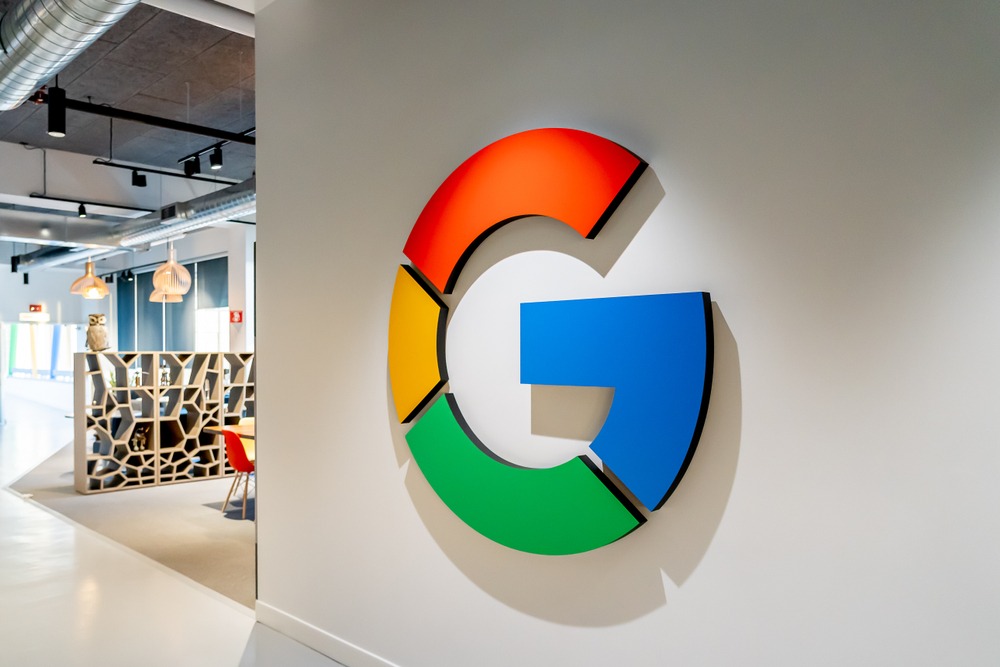Key Points:
- Google to destroy billions of data records & update privacy practices as lawsuit settlement.
- Allegations accused Google of tracking users in ‘Incognito’ mode, breaching privacy.
- The settlement requires Google to pay up to $7.8 billion & make significant privacy disclosures.
In a groundbreaking legal decision, Google has agreed to destroy billions of data records and alter its privacy disclosures and data collection practices. This agreement comes as a settlement to a high-profile lawsuit that accused the tech giant of secretly tracking the internet use of individuals who were under the impression they were browsing privately.
Privacy Breach: Secret Tracking Revealed
At the heart of this legal battle were allegations that Google engaged in improper tracking of individuals using analytics, cookies, and various applications, even when those users had enabled ‘Incognito’ mode in Chrome or similar private browsing modes in other browsers.
This action led to a significant breach of privacy, with Google accused of turning itself into an ‘unaccountable trove of information.’ The information clandestinely collected ranged from data about users’ friends and hobbies to their food preferences, shopping habits, and even intimate searches. The plaintiffs initially filed the lawsuit in 2020, focusing their claims on data collection practices starting from June 1, 2016.
$7.8 Billion Settlement: Changing Google’s Privacy
After extensive legal proceedings, Google settled in an Oakland, California, federal court overseen by Judge Yvonne Gonzalez Rogers. The settlement mandates Google to pay a sum ranging from $5 billion to $7.8 billion. This marks one of the most significant amounts in a privacy lawsuit. Despite the substantial settlement amount, Google will not pay damages directly but must make sweeping changes to its data collection practices.
Concessions: A Shift in Data Practices
As a result of a recent lawsuit, Google must update its disclosures regarding data collection in private browsing modes. Moreover, It will allow Incognito mode users to block third-party cookies for the next five years. The agreement is expected to reduce the collected data, potentially decreasing the company’s revenue from data.
Google’s Defense: Data Never Personalised
The company argues that the lawsuit was meritless, as Google asserts that it has never associated collected data with users in Incognito mode. However, the company agreed to delete old technical data never used for personalisation. With this settlement, Google avoids a February 5, 2024 trial. Furthermore, it commits the company to significant changes in its privacy practices.
User Impact: A New Path for Privacy Claims
This settlement is seen as a historic step towards requiring honesty and accountability from technology companies, according to the plaintiffs. Users who believe Google’s practices affected them can take legal action. Moreover, this applies specifically to practices from June 1, 2016, onward. They can sue individually, providing a pathway for those seeking justice. Furthermore, the settlement could set a precedent for how privacy issues are handled legally, encouraging other companies to reevaluate their data collection and privacy practices.
















